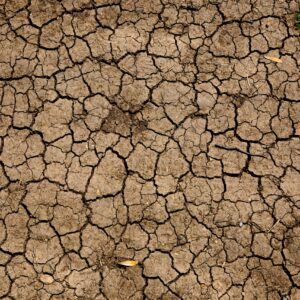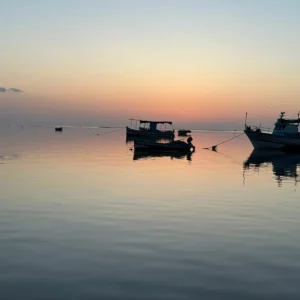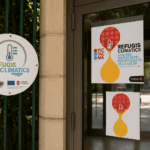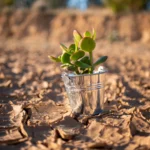On Thursday June 09, 2022, the French Ministry of Health announced that 21 beaches in the governorates of Bizerte, Tunis, Ben Arous, Gabes and Nabeul have been closed to bathing. These beaches are so polluted that bathing there is like bathing in a public toilet!
According to the Ministry of Health, the primary source of this pollution is ONAS. ONAS contributes to the destruction of a third of Tunisian beaches!
According to ONAS, 95,000 m3 of wastewater are discharged daily into the sea near the beaches of Tunis’s southern suburbs. This has led to the appearance of an unprecedented quantity of bacteria from faecal matter: 3,500 bacteria in every liter of seawater!
According to a study carried out by the French Ministry of the Environment , untreated wastewater is a major health hazard. It can cause serious illnesses such as vomiting, stomach and intestinal infections, and asphyxia.
According to Yassine Ramzi Sghaier, marine biology expert and Tunsea member:
“Wastewater is a mixture of toxins, bacteria and viruses, dangerous to human and animal health. It contains heavy metals, toxic chemicals and drug residues. Unfortunately, in Tunisia, large quantities are discharged into the sea. Bathing in our squares is becoming increasingly risky for our health”.
Other beaches are also at risk, as untreated wastewater discharged into the sea is carried by currents to beaches considered suitable for bathing.
Like the emblematic case of Menzel Temimi this summer. We received dozens of complaints from citizens claiming to be suffering from health problems as a result of swimming at Menzel Temime beach (Cap Bon tunisien).
These testimonials, relayed by the Tunsea group (a group founded by marine science experts), describe a long list of symptoms: red eyes, vomiting, diarrhoea, intestinal infections and itchy skin.

What’s happening today in Menzel Temime is the same phenomenon seen on beaches in the southern suburbs of Tunis, Sayada and Lamta in the Monastir golf area, and Essalem beach in the Gabes golf area. ONAS water treatment plants are very old and have exceeded their treatment capacity. As a result, we are unable to treat a large quantity of our wastewater. What’s more, these plants can only treat domestic wastewater.
According to Y.R Sghaier
To make matters worse, industries are also illegally discharging their wastewater into domestic sewage channels. But it’s not just human health that is at risk. We’re also facing major risks to marine biodiversity.
There has been a major change in the sea’s environmental characteristics: green algae of the Ulva species are proliferating, suffocating our seas and causing the exodus of many fish species. A large number of fixed organisms are dying out, such as Posidonia, which contributes to the oxygenation of our planet.
Y.R Sghaier
ONAS must treat all wastewater before discharging it into the sea, using technologies already tried and tested in several countries, such as ultra-violet light treatment, which purifies the water and makes it reusable, even for agriculture.
This requires awareness on the part of public decision-makers and substantial investment in ONAS infrastructure and procedures.
Copyright © 2022 Blue Tunisia. All rights reserved














